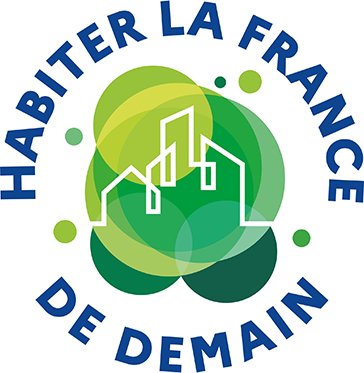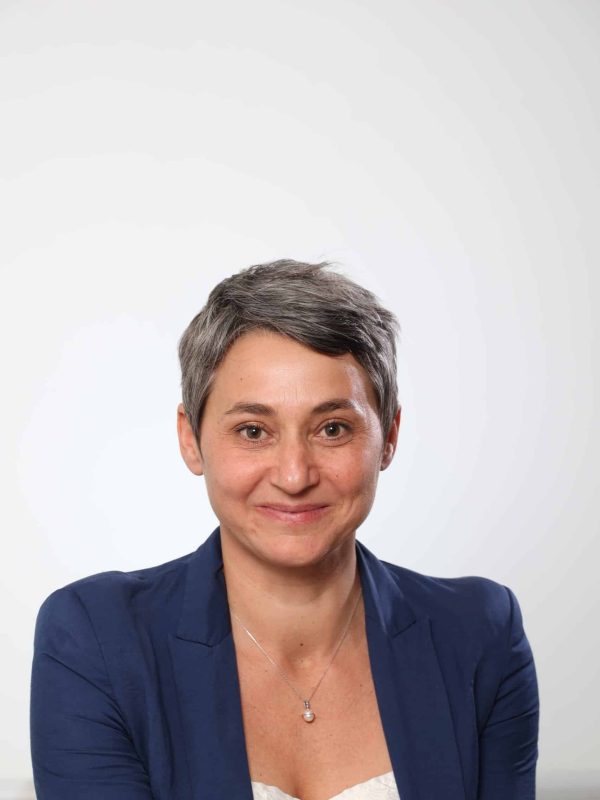Creation of a third place dedicated to everyday architecture in the building of the former court of Mamoudzou
A project proposed by National Agency for Territorial Cohesion (ANCT) " cœur de ville"

Contributor
marion.sybillin@cadema.yt
Description
The Dembeni Mamoudzou Agglomeration Community (CADEMA in French) has made a threefold observation:
- The housing market is extremely tight in Mamoudzou and most of the housing production is carried out in a diffuse manner by the private sector, which constitutes itself as a self-builder or self-developer, with a variable constructive quality;
- There is a missing link in housing improvement policies, at the interface between public authorities, contractors and residents, to help households understand the regulations and the aid schemes that may be available;
- The city center of Mamoudzou is perceived above all as an administrative centre, with no real cultural influence. Few spaces are animated outside the opening hours of the administration. This situation contributes to the insecurity in Mamoudzou.
From these observations and the meeting with the Cultural Affairs Department and the Likoli Dago association, the project to create a third place dedicated to everyday architecture in the building of the former court of Mamoudzou, the only building listed as a Historic Monument in the centre of Mamoudzou, was born.
This project includes spaces for coworking, training and conviviality in the garden. It could be used for the organisation of cultural events (concerts, exhibitions).
Its renovation is intended to be minimalist, to show that you can do a lot with a little. A bamboo framework will support the roof to replace the roof that has disappeared.
- Rénovation / Réhabilitation
- Construction
- Operation
- Quality of housing
- Materials
- Urban renewal
- Collaborative economy
- Strengthening of social links and of solidarity
- Culture and leisure
- Building
Factsheet
- > 20,000 < 100,000 inhabitants
Media
Project evaluation*
based on contributor declaration
Criterion 1: SUFFICIENCY
The building is existing, the project does not consume any additional land and allows the reuse of an abandoned building.
The bamboo roof allows the experimentation of local and bio-sourced materials in the construction.
The bamboo roof is an experiment in the use of a local and biosourced material in construction.
A capitalization on its implementation is planned in partnership with the French Environment and Energy Management Agency (Ademe).
The building does not provide air conditioning and retains natural ventilation.
The bamboo used for the roof structure is a bio-based and local material.
The planned arrangements are extremely sober and explain the low amount of renovation work planned (security, roofing, accessibility and artistic installation).
The project preserves the traces of the building’s past to give its identity to the third place under construction.
The maintenance required is minimal due to the robustness of the techniques and materials used: “doing a lot with a little”.
Criterion 2: INCLUSION
The development of this project was the subject of discussions with the M’gombani neighbourhood Citizens’ Council during its development. Other associations would like to use this space for activities related to its purpose (notably the SOLiHA Mayotte association).
The National Architecture Days in 2020 were an opportunity to present the project to the inhabitants of the municipality through an exhibition and the organization of a festive event (presentation of the work in progress of young people from the Hip Hop Evolution association).
The Likoli Dago association’s Instagram account allows for public communication about the project.
This project of a cultural third place aims to bring together different publics in a single place through the multiplicity of programs that meet there (co-working, training around construction and housing improvement, café in the garden, etc.).
Social and functional diversity is in the DNA of this project.
The costs of access to the coworking space are deliberately very limited to allow its use by people with limited financial means (young entrepreneurs from the municipality for example).
The training courses are aimed in particular at self-builders who also have limited means. The inhabitants of the M’gombani, Boboka, Barakani and Boubouni neighbourhoods, which are concerned by a housing improvement operation, will be offered priority access to these training courses.
No feedback from users yet (works planned from mid-2021 to end 2021).
Criterion 3: RESILIENCE
The development of this project was based on the diagnosis drawn up by CADEMA as part of its Intercommunal Plan for the Fight against Substandard Housing (PILHI) and its knowledge of the local business community.
A study on business real estate confirmed the need for coworking spaces on the inter-municipal territory.
The development of this project was based on the diagnosis drawn up by CADEMA as part of its Intercommunal Plan for the Fight against Substandard Housing (PILHI) and its knowledge of the local business community.
A study on business real estate confirmed the need for coworking spaces on the inter-municipal territory.
Criterion 4: CREATIVITY
The construction of a framework and the planned training courses on bio-sourced materials contribute to the emergence of local construction sectors.
The coworking space is intended to facilitate the launch or consolidation of young companies.
The training courses will contribute to the employability of the young people trained.
The cultural events will contribute to the structuring of the sector’s actors, in a context where the number of venues is currently very limited in Mayotte.
The project required support from the consultancy agency Espelia to identify the appropriate legal structure for the management of this site (loan agreement).
This arrangement could evolve towards the creation of a cooperative society of collective interest integrating the City of Mamoudzou and CADEMA in the governance of the place.
Criterion 5: POTENTIAL OF REPLICABILITY
The construction of the bamboo roof will be capitalised on in order to disseminate good practice and identify areas for improvement.
The training component, financed for one year by Action Logement on its “innovation” line, is intended to be capitalised in order to envisage the creation of a more institutionalised and permanent training course.
The creation of cultural “third places” is envisaged in other places in the CADEMA territory; the feedback from this first cultural third place will feed the construction of the following ones.












